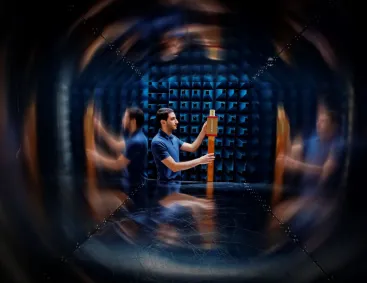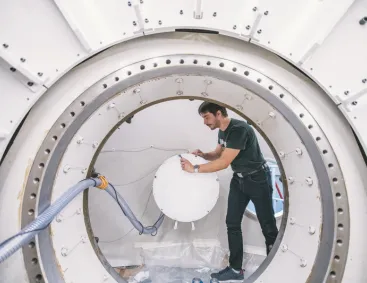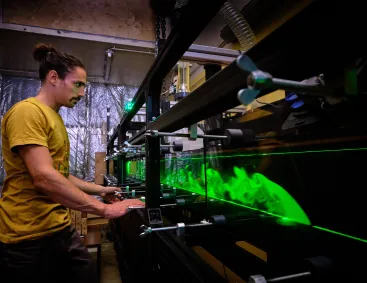Objectives
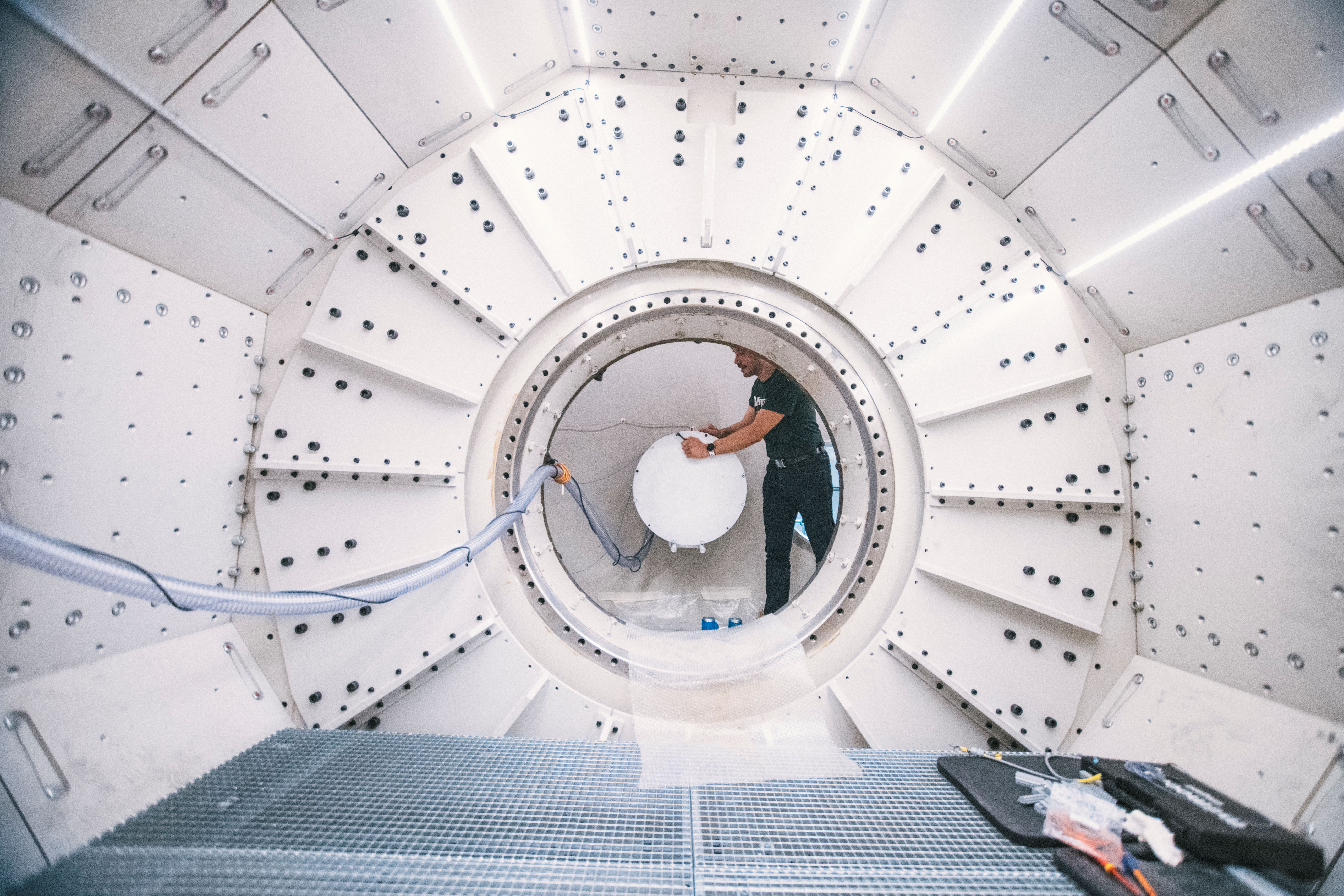 The international master's degree Aerospace Engineering aims to train specialists in fluids, solid, and structural mechanics.
The international master's degree Aerospace Engineering aims to train specialists in fluids, solid, and structural mechanics.
This master's program aims to:
- Train future technical leaders and researchers in the various aspects of the aerospace industry (R&D, major manufactures, experimental, production, and so on).
- Develop international/intercultural skills.
- Train in the continuous optimization of components, taking into account manufacturing and maintainability constraints.
Sensitize students to industry codes, languages and common practices.
Program
The Master's degree in aeronautics and space is organized into four semesters, culminating in a five- to six-month research internship.
Two options are offered:
- Propulsion
- Aerostructures
Semester 1: common to both options
- Mechanics of solids, materials and structures
- Numerical simulations for solid and fluid mechanics
- Experimental techniques for solid and fluid mechanics
- Fundamentals of compressible and viscous flow analysis
- Operational excellence
- Management of innovation processes
- Foreign language: French
- Advanced research project
Semesters 2 to 4: depending on the option chosen
The "Propulsion" option aims to develop an understanding of the design process for an aeronautical or space engine.
Courses specific to the "Propulsion" option
- Numerical methods for mechanics
- Space physics and solar-terrestrial coupling
- Aircraft turbojets
- Optimal design and computational fluid dynamics
- An introduction to meteorology and oceanography
Common courses
- Foreign language: French
- Advanced research project
- Intercultural studies
Courses specific to the "Propulsion" option
- Aerothermodynamics of turbomachinery
- Aircraft pre-design project
- Propulsion design project
- Two courses to choose from 8 proposals:
- Noise, combustion, turbulent flows, acoustics, automation, modeling and scientific computing
- Three courses to choose from 24 proposals
Semester 4
The last five or six months of the curriculum are devoted to the Master's thesis research project, which can be carried out either in an academic research laboratory or in an industrial environment. Students have the option of carrying out their thesis project anywhere in France or abroad.
The "Aerostructures" option focuses on the materials and structures aspects of aeronautics and space. Lightening is one of the training priorities.
Semester 2
Courses specific to the "Aerostructures" option
- Rotor dynamics in mechanical engineering.
- Introduction to random vibrations.
- Materials observation and analysis.
- Materials selection.
- Polymeric materials: physical properties and innovation.
Common courses
- Foreign language: French.
- Advanced research project.
- Intercultural studies.
Semester 3
Courses specific to the "Aerostructures" option
- Project P3: Process, product and performance.
- Materials and structures.
- Fluid-structure interactions.
- Health control of structures.
- Noise (vibration transport and control).
- Language.
- Mathematical and numerical analysis.
Semester 4
The last five to six months of the curriculum are devoted to the Master's thesis research project, which can be carried out either in an academic research laboratory or in an industrial environment. Students have the option of carrying out their thesis project anywhere in France or abroad.
Diploma and certification
This course delivers a national master's degree - controlled by the State.

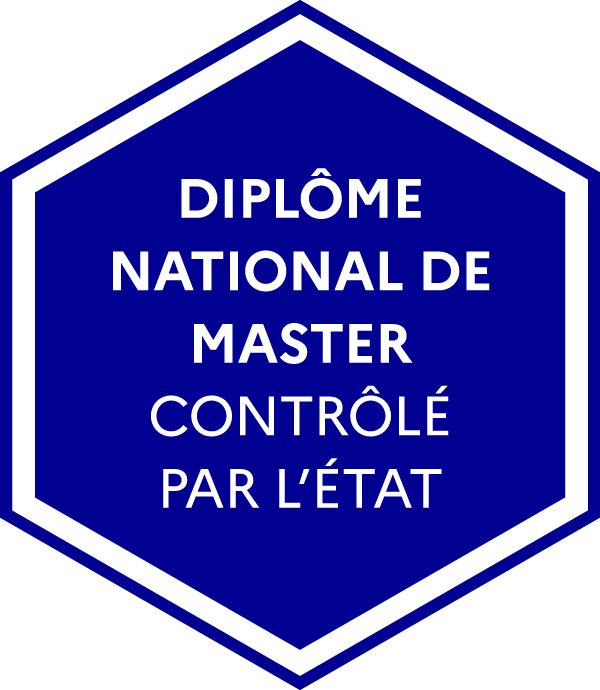
Admission requirements and application
Pre-requisites
- Master 1: Bachelor's degree in a scientific subject related to the Master's topics. English level B2.
- Master 2: Successful M1 in a subject related to the Master's topics. English level B2.
Application
Applications are considered on the basis of a portfolio.
Tuition fees
Acknowledging and anticipating your expenses is essential before committing to a training course with confidence.

